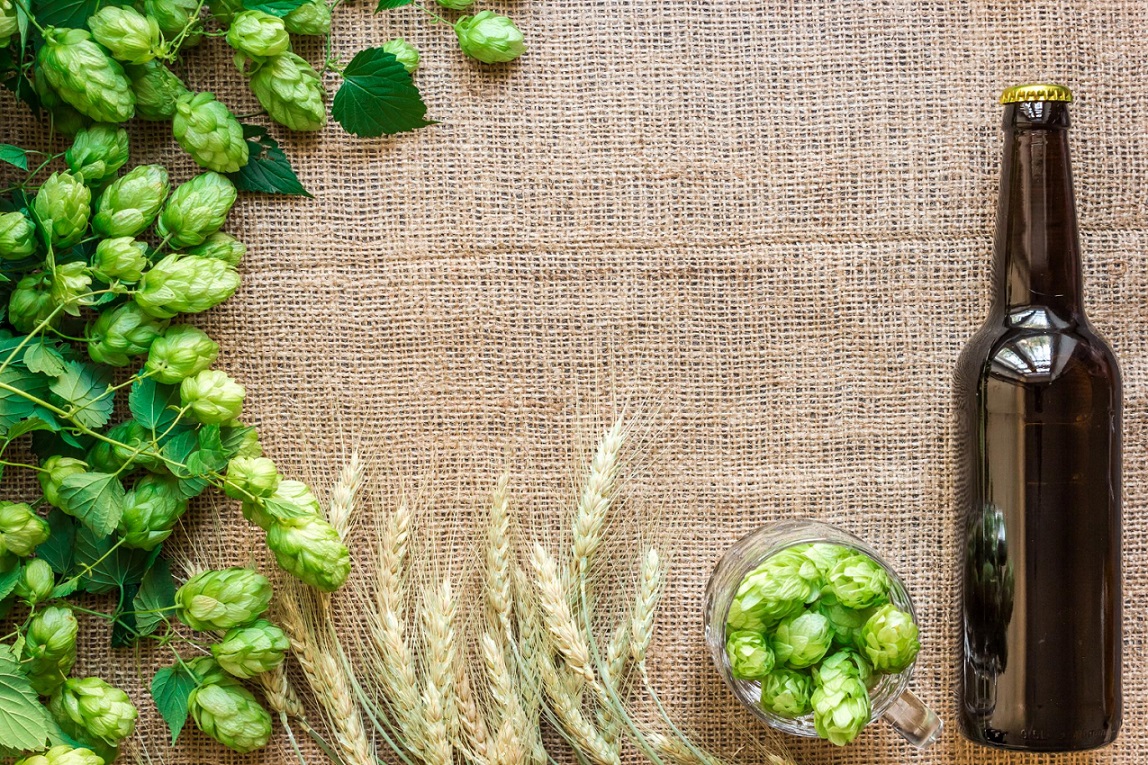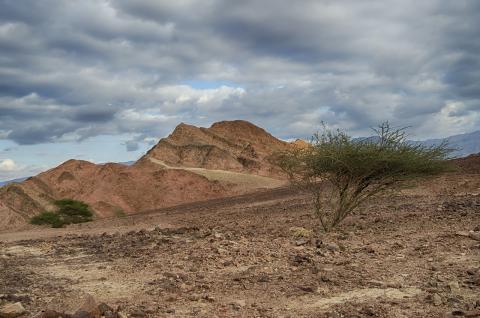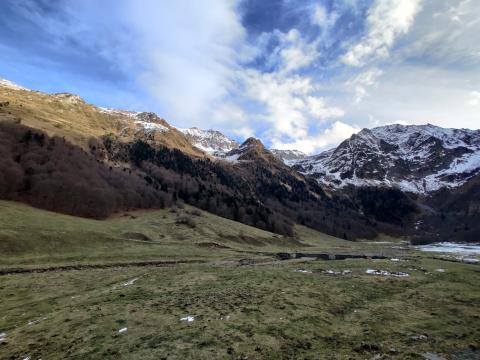Reaction: climate change could worsen the quality of hops used in European beers
Research has compiled data on brewing hop yields and alpha content - which gives beer its bitter aroma and affects quality - between 1971 and 2018 in hop-growing areas of Germany, the Czech Republic and Slovenia. The results, published in the journal Nature Communications, show that, compared to 1994, hop production has decreased by 0.2 tonnes per hectare per year and alpha bitterness content has fallen by 0.6%. Combining the data with climate models, the authors estimate that by 2050 hop yields and alpha content will fall by 4 - 18% and 20 - 31% respectively. According to the models, the cause will be higher temperatures and more frequent and severe droughts due to climate change.
Following the publication of an article questioning the study data, Javier J. Cancela has updated his reaction.

Javier Cancela - lúpulo cerveza EN
Javier J. Cancela
Lecturer in the Department of Agroforestry Engineering and member of the Project and Planning Research Group (PROePLA) of the University of Santiago de Compostela
The study carried out by Dr. Mozny's team is based on the use of climate prediction models and a long-standing database of hop yields and quality (1970 to the present), although this database does not coincide with the data published in the annual statistics published by Barthhaas Reports (1970-2018), making the published results questionable to say the least, as stated in the article 'Climate Change is NOT Coming for your Hoppy Beer' by Douglas MacKinnon.
In spite of the question regarding the integrity of the data reflected in the article, the effects of climate change have a negative impact on the production of hops (flower cones), a product which is almost entirely destined for the production of beer, a beverage with a growing annual consumption worldwide, due to the annual variability of rainfall and the high temperatures that occur each year.
In a similar vein, the situation in Spain is critical in relation to hop production due to the lack of water resources for irrigation of the crop, as well as the lack of authorised products for the control of diseases and/or pathogens, causing severe production losses, as in the current campaign due to powdery mildew [a plant disease caused by a fungus].
There is, therefore, a need to improve the hop varieties grown worldwide and in Spain, increasing their level of tolerance to biotic (diseases, etc.) and abiotic (drought, heat waves) stresses, adapting agronomic practices such as irrigation and approving the use of efficient and sustainable phytosanitary products.
Martin Mozny et al.
- Research article
- Peer reviewed
- Observational study
- Modelling



